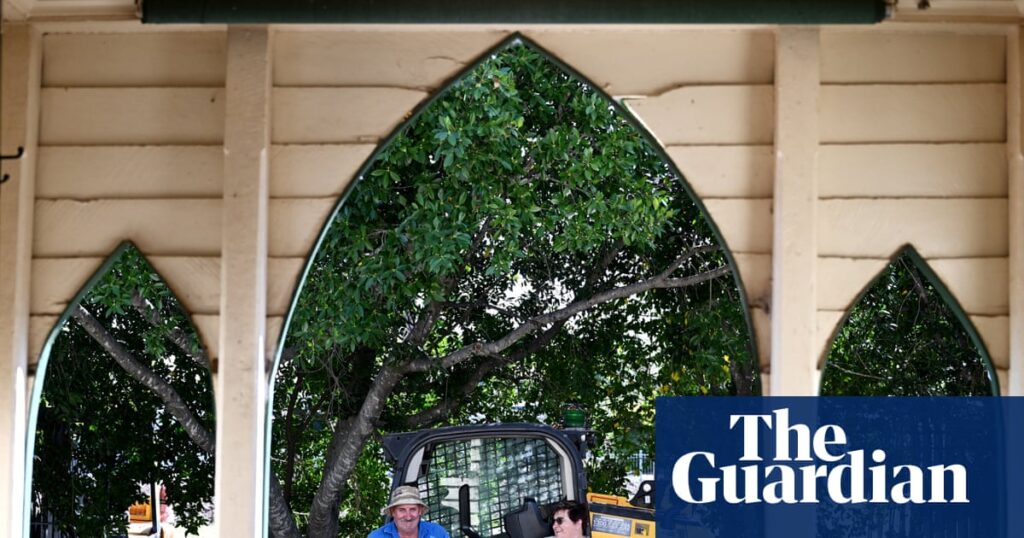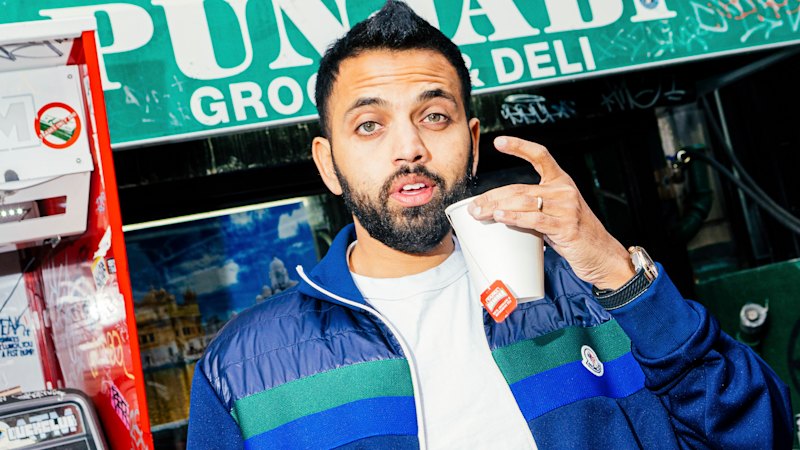
The small town of Capella in central Queensland, with its population of fewer than 1,000 residents and a notable absence of a grocery store, is on the brink of a significant transformation. By Christmas, it may host a state-of-the-art machine valued at hundreds of thousands of dollars, designed to transform human remains into an urnful of white powdered bones through a process known as water cremation.
This innovative approach to cremation is spearheaded by Wendy and Mark Tasker, who are expanding their local business portfolio beyond their cattle property and forklift and rural supplies stores. For Wendy Tasker, who also works part-time at a funeral parlour in nearby Emerald, this venture fulfills a lifelong ambition. “It’s always been my passion,” she explains. “Even when I was a little child, I’ve always wanted to be a mortician. I know it’s strange … but I just like to help people in their time of grief.”
Tasker’s passion led her to lodge plans with the council last August to build a facility housing an alkaline hydrolysis machine on the grounds of a deconsecrated Anglican church. The plans received approval in March, and Tasker hopes to have the machine operational by the new year.
Understanding Water Cremation
In a community rooted in conservative farming traditions, the introduction of water cremation has been met with some apprehension. Tasker plans to hold an open day to dispel misconceptions, emphasizing that the process is not akin to “putting someone in a barrel of acid,” as some fear. Instead, water cremation involves water, heat, and alkaline chemicals, which are the chemical opposite of acids.
The machine gently rocks warm water and potassium hydroxide to accelerate the natural decomposition of the body. The flesh dissolves, leaving bones that are dried and crushed. Tasker argues that this method can save families money by eliminating the need for a coffin, a significant funeral expense.
“A lot of people are thinking more of the ozone layer and [with alkaline hydrolysis] there is no smoke, so it’s not going to pollute the air,” Tasker says. “So many people are more aware of, I suppose, environmentally friendly stuff at the moment. This is the way it’s going to go in the future.”
The Business of Death
Jeff Boyle, the entrepreneur behind Tasker’s alkaline hydrolysis machine, sees himself as a disruptor in the death industry. Boyle, a career funeral director from Proserpine, Queensland, has witnessed the corporatisation of the funeral industry, with many Australian funeral homes now owned by American companies. “It’s not about the families any more. It’s not about anyone that matters. It’s just the profit,” Boyle asserts.
The Australian funeral industry is a lucrative sector, projected to grow by a quarter by the end of the decade, according to a 2025 IBISWorld report. InvoCare, a company controlling about 34% of the market, was recently acquired by US private equity firm TPG Global. This corporatisation has led to concerns about predatory marketing and price gouging, as highlighted in the 2017 “It’s Your Funeral” report by two New South Wales accounting professors.
Calls for Greater Transparency
Professor Sandra van der Laan from the University of Sydney has been an outspoken critic of the lack of transparency in the funeral industry. Her personal experience of arranging a funeral for her sister in 2014 revealed the opaque pricing practices of funeral directors. Van der Laan advocates for greater transparency and consumer platforms to compare funeral options.
“We have this death denial culture … [and so] this industry is shrouded in mystery,” she says. “But nothing is more certain than that everyone is going to die.”
Despite not calling for regulatory intervention, Van der Laan emphasizes the need for transparency to prevent exploitation of vulnerable customers.
The Future of Green Death Tech
Dr. Hannah Gould from the University of Melbourne’s DeathTech research team notes the significant environmental drawbacks of traditional burial and cremation methods. Burial occupies valuable land, while cremation can emit toxic pollutants. Innovations like alkaline hydrolysis and human composting are gaining traction as eco-friendly alternatives.
“Welcome to the weird and wonderful world that is green death tech,” Gould says, highlighting the need for independent research to assess the environmental impact of these new technologies.
Boyle claims his technique is a world first, filtering and reusing water while recycling extracted fats and oils. Gould acknowledges this as a potential “extraordinary step forward” if independently verified.
For now, Wendy Tasker’s family in Capella has embraced the idea of water cremation. “They just feel it’s a lot more calming,” she says, reflecting a broader shift towards environmentally conscious end-of-life options.







